Neyyappam
Neyyappam
Did you know that Neyyappam, which is a widely popular sweet in South India, is a culinary delicacy that originated in Kerala which is basically rice-based fritter fried in ghee (clarified butter) that even Gods in temples preferred as Naivedyam at night?
Neyyappam, derived from the words 'neyy' meaning "ghee" (clarified butter) and 'appam' meaning "pancake", is a delicious rice fritter usually fried in specifically designed cups. Its origin is traced to Kerala but now a popular sweeet dish at almost every festival in the Southern states of Karnataka, Tamil Nadu and Andhra Pradesh apart from Kerala. It is also a naivedyam, a special 'offering to God in South Indian Sri Vaishnava temples. Even a temple deity is named after this sweet delicacy in the Appakkudathaan Perumal Temple in Koviladi near Trichy in Tamil Nadu, dedicated to Lord Vishnu who is deified in the form of Lord Ranganatha in a reclining posture holding a pot filled with ‘Appam’. Nei Appam as the special food offering is the Naivedyam that is offered to the deity made daily as part of routine worship at night time.
Neyyappam is a traditional sweet prepared from rice flour, jaggery and ghee. Traditionally, in Kerala, Neyyappam is made in an 'appakkara', a bronze pan, about eight inches in diameter, with three or five large cavities. The pan is heated, and a spoonful of ghee is poured into each cavity. The batter of rice, ripe banana, jaggery supplemented with a spoonful cardamom powder and a table spoon of thinly sliced coconut pieces, is poured on top of hot ghee and cooked over medium heat. When the bottom is cooked, the appam is turned over and the other side is cooked. The soft and crispy Neyappam is then served hot. Alternatives for the pan are the Swedish aebleskiver pan or the Scandinavian blini pan. In the absence of these special skillets neyappam may be cooked on griddle or a small skillet.
A standard formula of ingredients suggested in cook books, to serve about 6 people, consists of: 1 cup long grain rice; 1 medium sized ripe banana, peeled and sliced; 1 cup jaggery or brown sugar; 1 tablespoon cardamom powder; 1 table spoon thinly sliced coconut pieces, and 1 cup ghee.
The method suggested to prepare it is: Soak the rice for two hours and powder it fine in the grinder. Mash the bananas and add to the rice . Melt the jaggery in the water, allow it to cool. Once cool, add it to the rice mixture along with the cardamom powder and sodium bicarbonate (optional). Make a loose batter but not runny. Pour some of the oil/ghee into ( just enough to fry the appam) in the Neyappam, Once the utensil is hot, add the batter. Turn the neyappam using a slotted spatula, ensuring both sides are coked and attain reddish brown colour. Serve hot.
Neiappam is made in several festivals like Gokulashtami, Karthigai deepam, Avani Avittam, and many auspicious occasions. There is also a tradition in Kerala the married daughters of the house are expected to come home with Neyyappam. Neyyappam is also served as offering in many traditional Saint Thomas Christian (Syrian Christian) churches in Kerala.
Another version of Neyyappam is Unni appam (meaning small cake) in which mashed ripe plantains or bananas are added to the batter and fried to result in a ball-like shape.
In Kerala, local toddy called 'Kall' which is used as the raising agent as an ingredient when the appam is called Kallappam. Nowadays yeast is used instead of toddy.
While traditionally Neyappam is made by soaking and grinding raw rice, but there is an instant version of Neyappam with rice flour, sooji or rava (semolina) and wheat flour. It is said to be soft and tasty. This video < (11) Sharmis Passions – Posts | Facebook. > gives the tips to make this variety of Neyappam.
Neyyappam has also become a topic of discussion as its name iss shown on the home page of the Android N naming campaign. The official video of Google about naming Android N, also shows a glimpse of neyyappam and Kerala tourism made a tweet about this naming campaign.
Narasipur Char

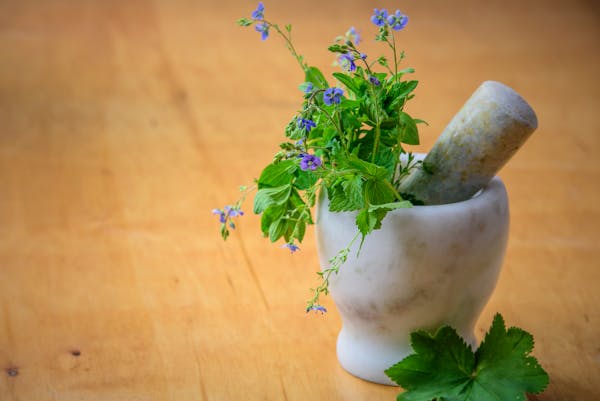
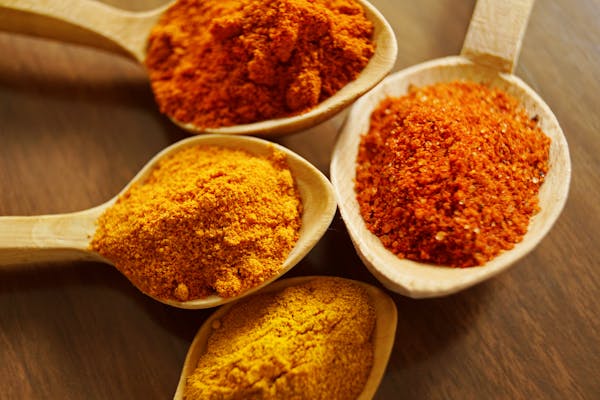
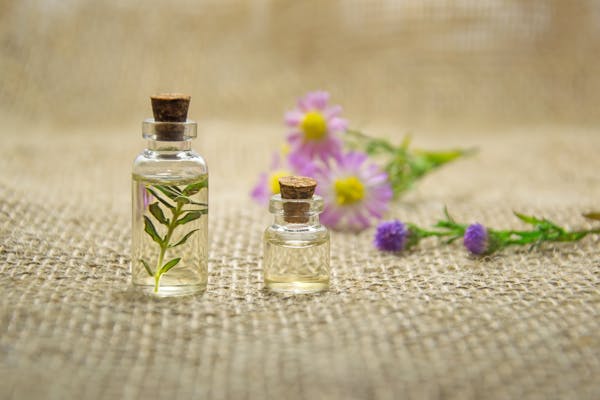

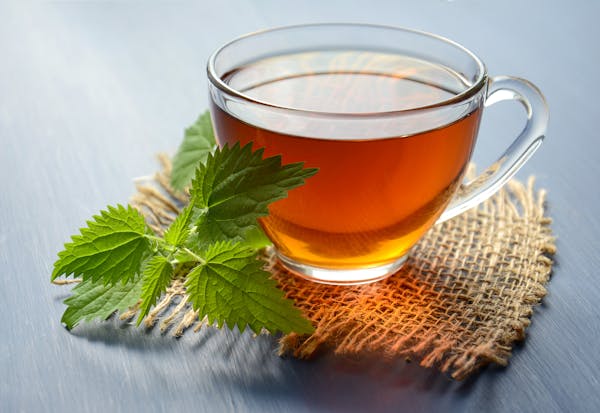
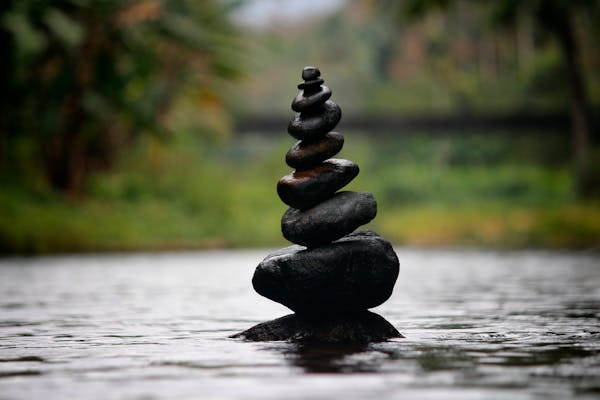














No comments:
Post a Comment